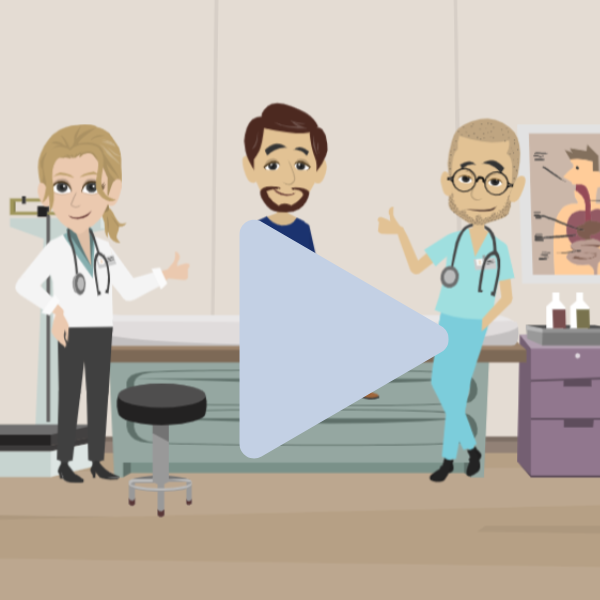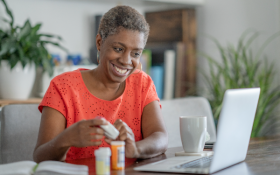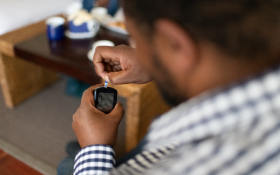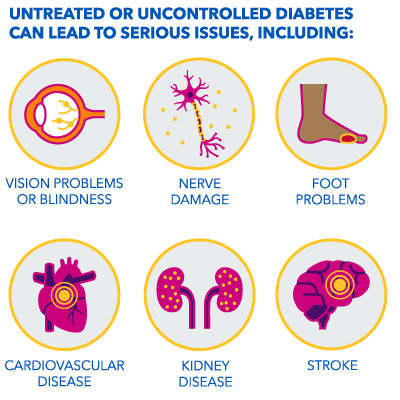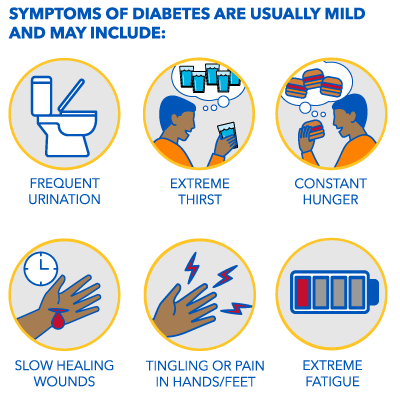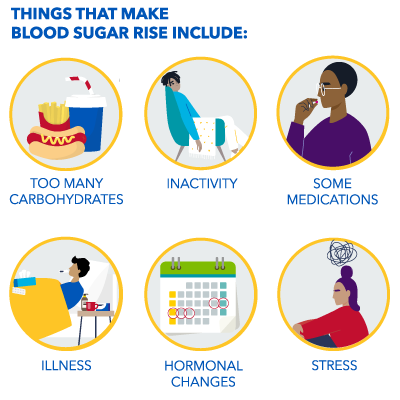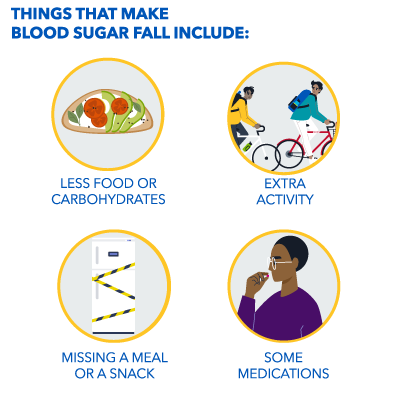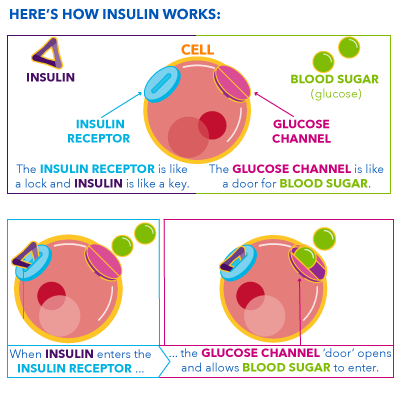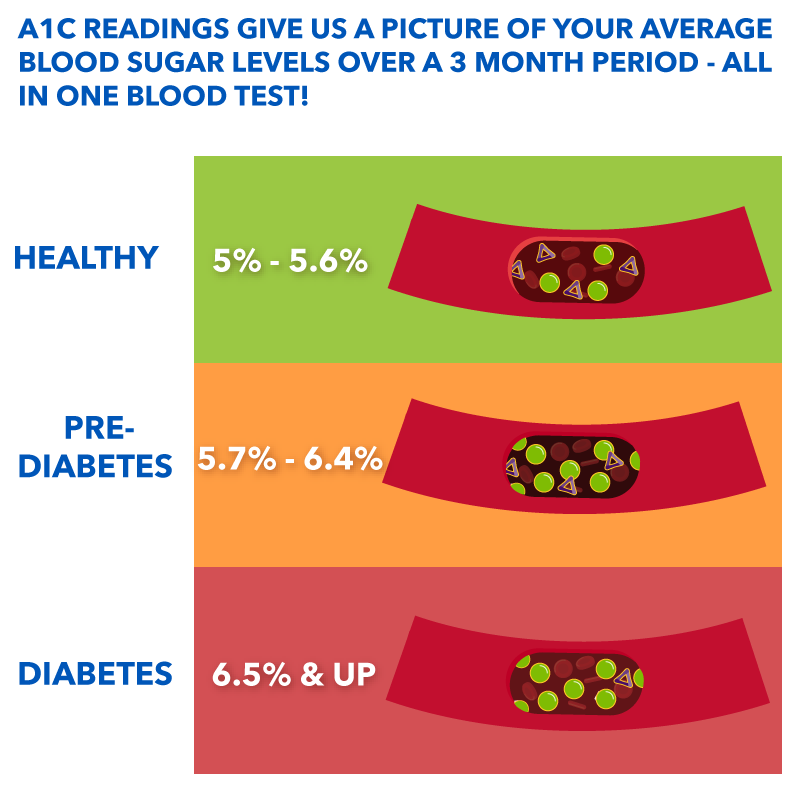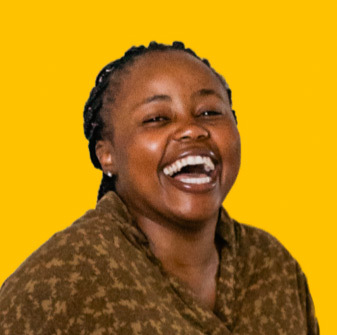Do you have prediabetes or diabetes? You are not alone!
In This Section
Not sure if you are at risk for diabetes? Take our risk quiz to see!
Diabetes is a common condition that can be prevented or managed with exercise, food, and medications. This does not mean you have to start training for a marathon and drink only kale smoothies, though! Small steps can lead to big rewards.
myA1C inCheck Diabetes Management Program at Chase Brexton Health Care
For many people, diabetes can be hard to manage. If you are having trouble keeping your A1c and blood sugar at healthy levels, Chase Brexton Health Care’s myA1C inCheck Diabetes Management Program may be right for you.
This program is designed to make managing your diabetes simpler for you, so you can live your healthiest life!
With the myA1C inCheck team, you will get a realistic treatment and healthy lifestyle plan that is created just for you. A plan that you CAN maintain. A plan that works FOR YOU.
With myA1C inCheck you will get your A1c and blood sugar to healthy levels for your healthiest life possible!

